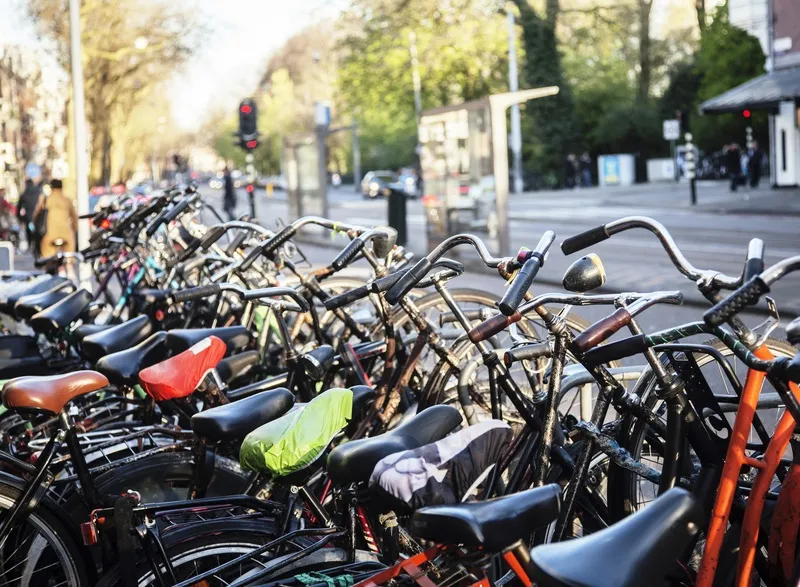An independent review of Liverpool’s bus lanes is recommending that the majority be removed, but four in the city centre will be retained. On a number of other routes, measures such as bus detector loops are recommended.
The city’s 26 bus lanes were suspended in October 2013 to monitor and analyse the effects on congestion and traffic flow.
Transport consultant Mott MacDonald has carried out the review and their work was supported by groups of elected members, bus operators and the partners.
October 28, 2014
Read time: 2 mins
An independent review of Liverpool’s bus lanes is recommending that the majority be removed, but four in the city centre will be retained. On a number of other routes, measures such as bus detector loops are recommended.
The city’s 26 bus lanes were suspended in October 2013 to monitor and analyse the effects on congestion and traffic flow.
Transport consultant1869 Mott MacDonald has carried out the review and their work was supported by groups of elected members, bus operators and the partners.
The bus lane review is part of a wider city transport plan which is to be concluded in February 2015, which aims to: Shape the future transport needs of the city; Forecast future demand for all modes of travel; Improve gateway routes, public realm and pedestrianisation; and improve all public transport infrastructure.
Mayor of Liverpool, Joe Anderson, said: “I want to make sure that travelling through the city is a quick as possible for all road users. It’s vital for business, for residents, for visitors and I wasn’t convinced our routes were working as well as they could.
“Now for the first time we have robust data about the effects of bus lanes, rather than people’s opinions about how useful or otherwise they are. As a result of this thorough and independent review there a clear recommendations that the majority of bus lanes should be removed which I will honour.
“A number of issues that have emerged during the discussions include the level of indiscriminate parking on some of our key bus lane routes which disrupt traffic flow and we will take measures to prevent this including applying to the1837 Department for Transport for permission to introduce red routes.
“There have also been discussions about how best we can provide facilities for cyclists. We are spending £80m on upgrading our main gateway routes over the next eight years and we will be looking at cycling measures as part of that.”
The city’s 26 bus lanes were suspended in October 2013 to monitor and analyse the effects on congestion and traffic flow.
Transport consultant
The bus lane review is part of a wider city transport plan which is to be concluded in February 2015, which aims to: Shape the future transport needs of the city; Forecast future demand for all modes of travel; Improve gateway routes, public realm and pedestrianisation; and improve all public transport infrastructure.
Mayor of Liverpool, Joe Anderson, said: “I want to make sure that travelling through the city is a quick as possible for all road users. It’s vital for business, for residents, for visitors and I wasn’t convinced our routes were working as well as they could.
“Now for the first time we have robust data about the effects of bus lanes, rather than people’s opinions about how useful or otherwise they are. As a result of this thorough and independent review there a clear recommendations that the majority of bus lanes should be removed which I will honour.
“A number of issues that have emerged during the discussions include the level of indiscriminate parking on some of our key bus lane routes which disrupt traffic flow and we will take measures to prevent this including applying to the
“There have also been discussions about how best we can provide facilities for cyclists. We are spending £80m on upgrading our main gateway routes over the next eight years and we will be looking at cycling measures as part of that.”










